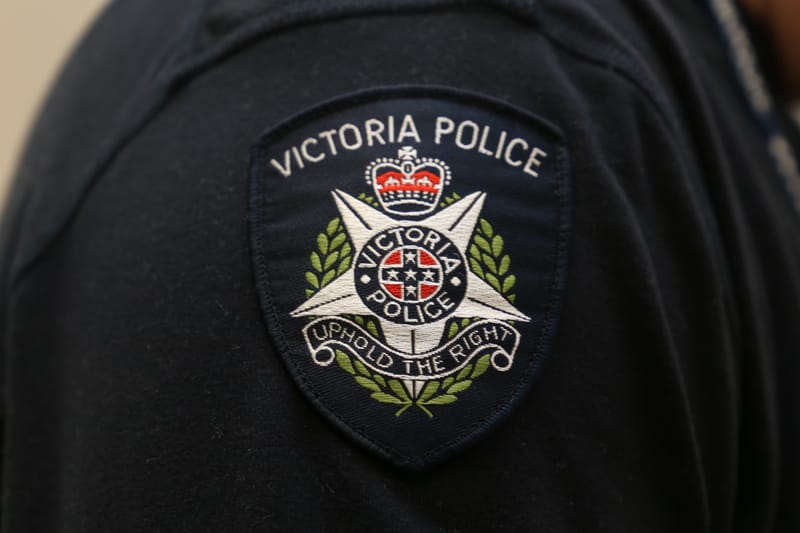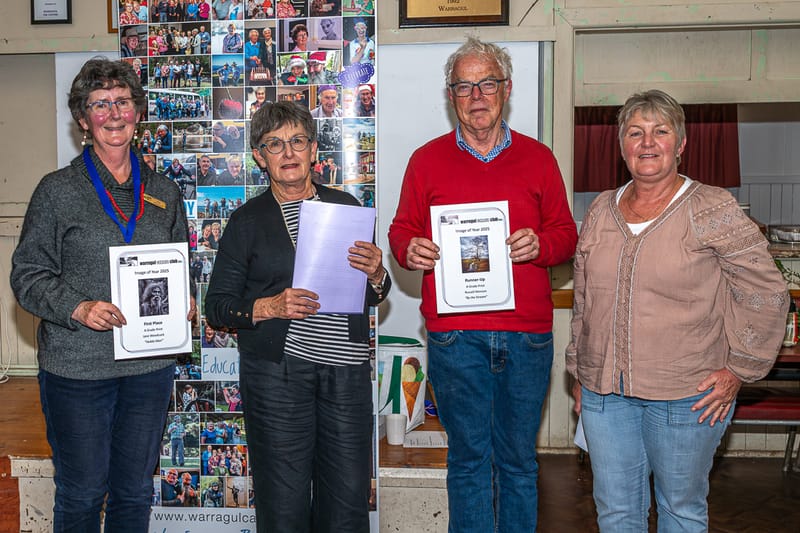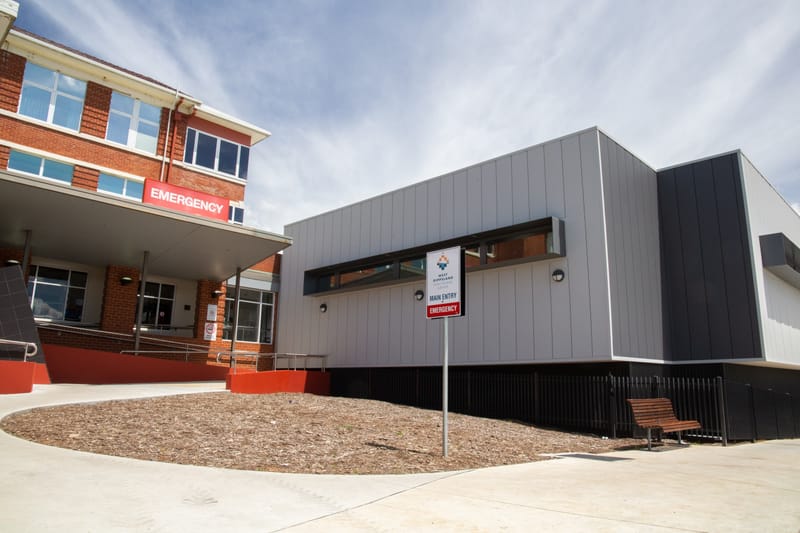Putting pay to pen and pad
Today's paper is the last edition of The Gazette that I will produce as editor. After a long career in journalism I have decided it is time to retire. In just my second week of work editor Duncan Patterson dropped me off (I did not have my driver's...

Today's paper is the last edition of The Gazette that I will produce as editor.
After a long career in journalism I have decided it is time to retire.
In just my second week of work editor Duncan Patterson dropped me off (I did not have my driver's licence until I turned 18, seven months after my appointment) at the steps of the Warragul Shire Offices. I had a notebook, pen and a copy of the agenda and he told me to get three quotes from each councillor on the various agenda items.
I barely understood a quote let alone the workings of local government. I had never attended a council meeting.
Somehow I muddled my way through that meeting and began a long association with local government covering Warragul, Narracan and Buln Buln council meetings before Baw Baw was formed.
In an office steeped in cigarette smoke and echoing with bashed typewriter keys, I quickly learned about correct sentence structure, strong grammar, split infinitives and writing succinctly. I was told to write for a 10-year-old and the Martian who had just landed. In other words always background your stories and don't just assume the reader knows everything.
For many years we worked with a radio purring away in the background tuned to the police channel. Often we would drop everything and rush off to an accident or other catastrophe.
One such day occurred in the 1980s when a truck carrying some sort of liquid from the BCLV pilot plant in the Latrobe Valley collided with a train at what was a level crossing in Nilma. Fortunately the truck driver survived and no one on the train was critically injured.
But boy it made a mess. Photographer Bert Rance and myself wandered all over the accident site getting lots of pics and interviewing people. When we got back to the office we were covered in black slime which stunk.
That night while cooking dinner a woman from Warragul Fire Brigade called and told me to go to the station with the clothes we wore that day. They were dumped in big bins and for the next week Bert and I had to wear special wrist bands and if we developed any medical conditions we had to go immediately to emergency at West Gippsland Hospital after phoning ahead. Fortunately we suffered no ill effects but no one ever found out anything about the liquid, despite repeated freedom of information requests.
Journalism to me has always been about the people who want to share their stories and those who want to read our articles. I learned very early in my career that everyone has a story to tell.
On any given day that could be anything from the biggest vegetable you've ever seen to someone with a case of documents you couldn't jump over, put together to prove a wrong doing.
I will always remember the people who were keen to tell their stories following so many natural disasters including fire, flood and storm events.
The most memorable are the catastrophic bushfires of 2009, and then virtually 10 years later in 2019 when so many people's lives were changed overnight.
Many of those people wanted to tell their stories through our paper so that others understood what they had gone through. For some, it was part of the healing process.
There have been other stories where families suffering the loss of a loved one in the most tragic of circumstances have wanted to tell their stories in the hope that it will help others.
These have been people who, at the worst moments of their lives, are prepared to share their grief. It is a courageous thing to do.
There also have been stories of joy and great accomplishments, babies born on the sides of roads, lives saved by heroes and many, many sporting achievements.
When then Warragul cyclist Kathy Watt won the gold medal at the Commonwealth Games in Auckland in 1990 there was no electronic means to upload a photograph. Fortunately we were able to get someone from The Age to run across the road from its Spencer Street office to the station, hand it to the train driver and we met the train to collect it - simple.
These days typewriters are long gone. Today's journalist uses a computer, mobile phone, camera, and sometimes a video recorder. As well as writing for print, we upload to digital forums including our website and all social media platforms.
The past almost three years have been challenging for everyone. In March 2020 when COVID arrived in Australia some newspapers collapsed overnight. No advertising revenue equalled no paper.
We all wondered what the future held, and while the pandemic is in no means over, we've found a way of living with COVID. Thanks to the media bargaining code introduced under the Morrison Government, we have received funding from Google and Meta and seen an increase in paid advertising.We publish six stories a day to Google News Showcase, guaranteeing our long term sustainability.
In these times of social media hype we are a trusted news source. Contrary to what some people may think we don't make it up as we go along, we are committed to the truth and fairness.
Fortunately, we are a long established newspaper company celebrating 125 years of servicing this district in July next year. Over that time The Gazette has been owned by just three families with current owners, the Hopkins family, celebrating 71 years of ownership last week. Our founder Albert Harvey published a short editorial in every edition for several years which in short it reads "A good local newspaper is one of the best public assets that any district can possess." I'd like to think those words resonate as clearly today as they did then.
In our almost 125 years there have been just seven editors, with me passing the mantle to our eighth - my colleague Yvette Brand.
Not long after being appointed editor in 1993 I interviewed retiring doctor Alan McPhate. He and his wife Maureen were moving away from Warragul.
A strong advocate for community health, Dr McPhate told me he thought it appropriate to retire elsewhere as he never refused medical treatment to anyone, even those who knocked on his door in the middle of the night.
In that context he spoke to me about the role of a country newspaper editor. He told me an editor can have a lot of power and sway through the pages of the local paper. "Use it wisely" was his sage advice.
It was good advice early in my editorship and I have never forgotten it.
I will always be grateful for the opportunities I have been given at The Gazette, for the contacts and relationships I have developed in this wonderful community and the friends I have made both in and outside work.
Now it's time for me to enjoy other things in life. Thanks for the journey.





